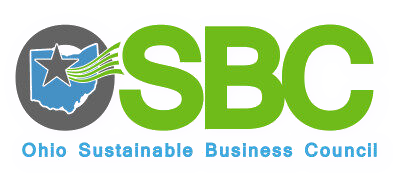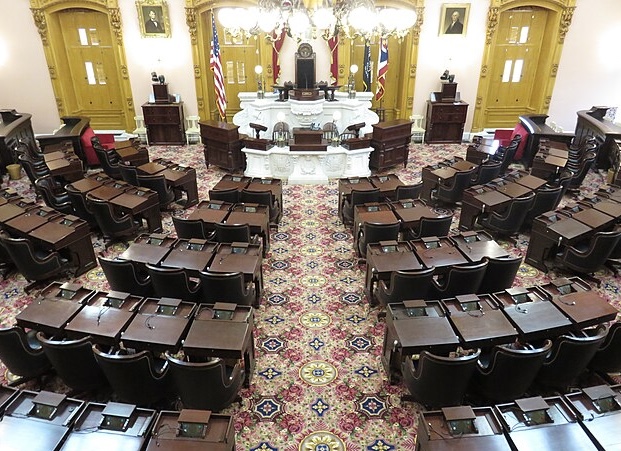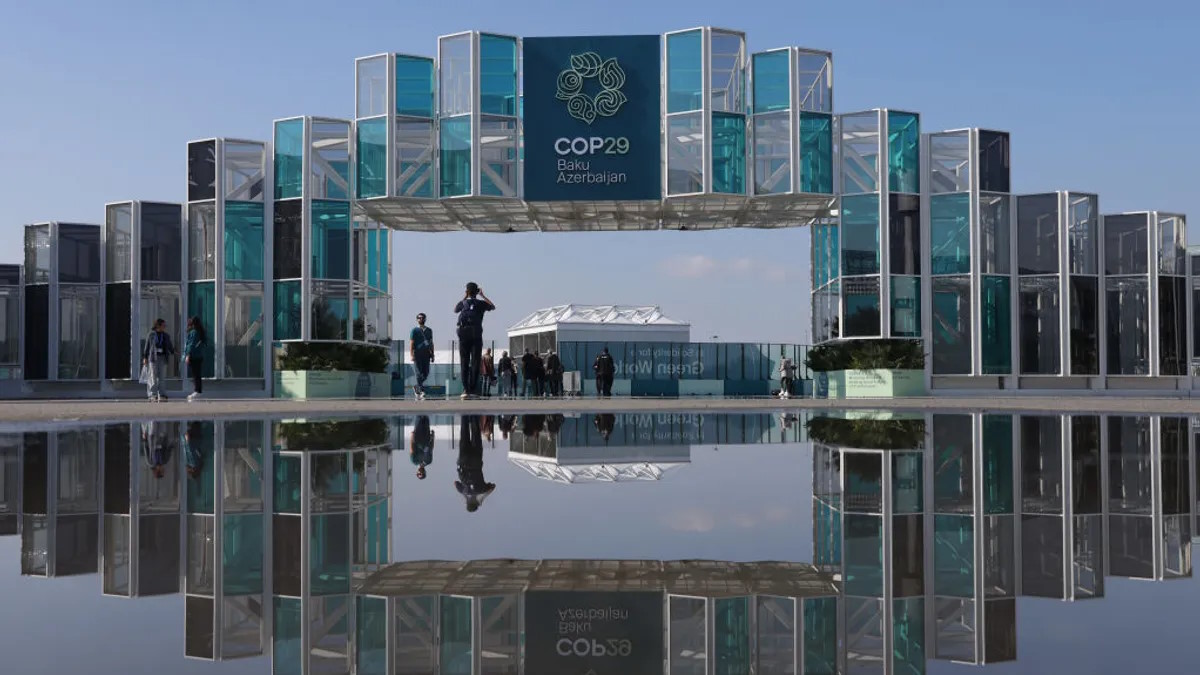
On January 20, 2025, President Trump issued several executive orders and memoranda that could significantly impact sustainability, climate, and environmental policy. These actions present both opportunities and challenges for Ohio’s sustainable business community. At the Ohio Sustainable Business Council (OSBC), we believe it’s essential to assess these developments through the lens of creating a vibrant, just, and sustainable economy. Here’s a breakdown of these actions and what they mean for businesses and communities striving for sustainability.
1. Withdrawal from the Paris Agreement
President Trump ordered the immediate withdrawal of the United States from the Paris Climate Agreement, citing the need to prioritize the American economy and sovereignty over international obligations. According to the administration, the agreement burdens U.S. industries while steering taxpayer money to other countries.
What it means for Ohio businesses: The Paris Agreement provides a framework for global cooperation on reducing greenhouse gas emissions. While withdrawal might reduce regulatory pressures on specific industries, it could also limit market opportunities for Ohio businesses leading in renewable energy and energy efficiency.
2. Unleashing American Energy
President Trump’s “Unleashing American Energy” order removes regulations on energy production and prioritizes fossil fuels like oil, natural gas, and coal. It also ends subsidies for electric vehicles (EVs) and clean energy, focusing on consumer choice and market competition.
What it means for Ohio businesses: This could create challenges for Ohio’s growing clean energy sector, which has been a source of innovation and job creation. It underscores the need for local and state policies that support renewable energy development.
3. Ending DEI and Environmental Justice Programs
An executive order terminates federal “diversity, equity, and inclusion” (DEI) initiatives and environmental justice programs. The administration describes these as “discriminatory and wasteful.”
What it means for Ohio communities: The termination of DEI and environmental justice programs could have far-reaching consequences for Ohio communities and businesses committed to corporate social responsibility. DEI initiatives aim to foster a more inclusive workforce by addressing systemic barriers to equality, while environmental justice programs seek to protect vulnerable communities from disproportionate environmental harms.
Without these frameworks, marginalized groups may face heightened exposure to environmental risks, including pollution and inadequate access to clean water and air. For Ohio’s businesses, this creates a vacuum where the private sector must step up. Companies that prioritize inclusivity and environmental stewardship can differentiate themselves by filling the gap left by federal inaction and fostering innovation and resilience.
Eliminating these programs could also disrupt progress in equitable economic growth, as diverse teams have been shown to drive creativity and better decision-making. Businesses can benefit from advocating for state-level policies that support DEI and environmental justice, ensuring that communities across Ohio remain strong, healthy, and inclusive.
4. Declaring a National Energy Emergency
Citing high energy costs, Trump declared a national energy emergency, facilitating expedited approvals for fossil fuel projects.
What it means for Ohio businesses: This declaration could have both immediate and long-term implications. In the short term, it may stabilize energy prices by accelerating domestic production of oil, natural gas, and coal. This could benefit energy-intensive industries in Ohio, such as manufacturing and transportation, by reducing operational costs.
However, the emphasis on fossil fuels risks sidelining renewable energy investments critical to addressing climate change. For Ohio’s clean energy businesses, this poses a challenge to innovation and market growth. Additionally, the emergency designation raises concerns about potential rollbacks in environmental safeguards, which could lead to long-term environmental degradation and public health issues.
Ohio businesses must navigate this complex landscape by advocating for policies that balance immediate energy needs with investments in renewable infrastructure. The state’s growing solar and wind sectors, along with energy efficiency initiatives, offer a pathway to sustainable economic growth that aligns with long-term environmental goals.
The Role of Ohio’s Business Community
President Trump’s actions highlight the need for proactive engagement from the business community. At OSBC, we believe that businesses must play a key role in fostering policies that promote sustainable economic growth, environmental health, and social equity. Ohio businesses can lead the way in building a more sustainable future by advocating for renewable energy, inclusive practices, and balanced resource management.
As these policies unfold, OSBC will continue to ensure businesses advocating for sustainability have a strong voice in shaping Ohio’s future.
ShareDiscover more from Ohio Sustainable Business Council
Subscribe to get the latest posts sent to your email.



